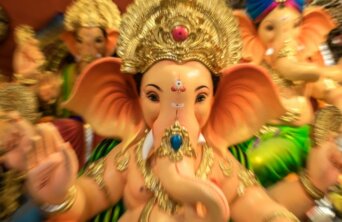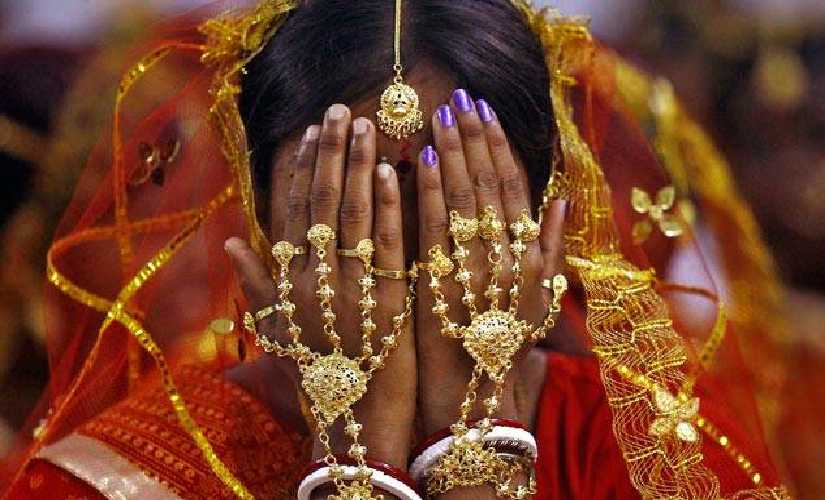- About
- Topics
- Picks
- Audio
- Story
- In-Depth
- Opinion
- News
- Donate
- Signup for our newsletterOur Editors' Best Picks.Send
Read, Debate: Engage.
| topic: | Freedom of Expression |
|---|---|
| located: | India |
| editor: | Sanjana Chawla |
The Ram Temple in Ayodhya was inaugurated in a landmark event in January, marking a significant chapter in India's history. This event is not just a religious milestone but a culmination of decades of dispute, legal battles, and intense emotions surrounding the site where the Babri Masjid once stood.
The construction of the temple, dedicated to Lord Ram, a revered figure in Hinduism, has been at the epicentre of immense controversy and has stirred a complex mix of religious sentiments across the nation.
The story of the Ram Temple is deeply intertwined with the history of the Babri Masjid. This mosque was demolished by Hindu activists and members of RSS in 1992, triggering widespread communal riots and a series of legal challenges. The demolition was not just destroying a physical structure but a symbol of India's religious and cultural rift for centuries. The legal battles that ensued involved various parties, including Hindu and Muslim groups, each laying claim to the site, believed by many to be the birthplace of Lord Ram.
These legal proceedings, often reflective of the broader societal divides, finally paved the way for the construction of the Ram Temple. This decision has been met with celebration and contention.
The impact of the temple's inauguration on the Muslim community in India is particularly profound. For many Muslims, the construction of the Ram Temple on the site of the razed mosque is a reminder of their vulnerable position in a country deeply influenced by religious and cultural majoritarianism. This sentiment is compounded by concerns about marginalising their spiritual and cultural identity in the larger narrative of Indian history.
Many Muslims have also expressed concerns about their safety, security, and political influence in the wake of the temple's construction. The event has heightened religious polarisation in the country, affecting not only the Muslim community's sense of belonging but also the ability to influence electoral outcomes.
There are fears that the celebratory atmosphere surrounding the temple's inauguration, particularly given its location at the site of the former Babri Masjid, might exacerbate feelings of marginalisation among Muslims. There are also apprehensions about the potential for similar conflicts in Maharashtra, with potential threats of emergence at other religious sites in India, such as Mathura and Varanasi.
The political ramifications of the temple's inauguration are significant, influencing local and national politics and potentially reshaping India's socio-religious landscape. The inauguration of the Ram Temple in Ayodhya stands as a complex event, symbolising a significant religious milestone while simultaneously reflecting the enduring challenges and possibilities in India's quest for unity amidst diversity.
For some, it is a beacon of hope, signalling a new era of understanding and togetherness in a nation grappling with its multifaceted identity. Still, for others, this inauguration is a painful reiteration of what happened more than two decades ago.
Image by Sonika Agarwal.

